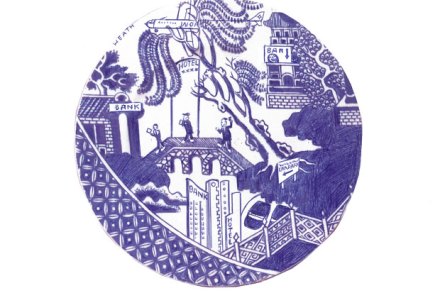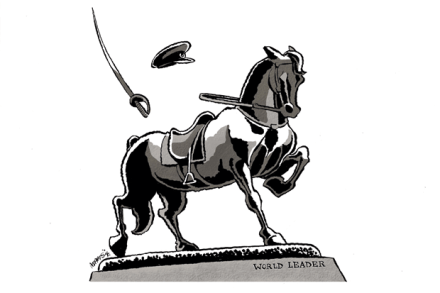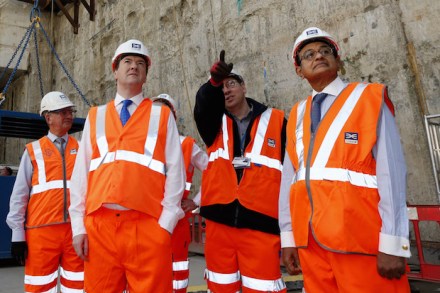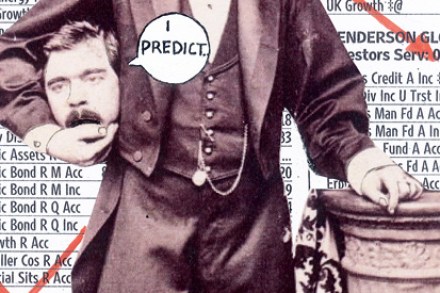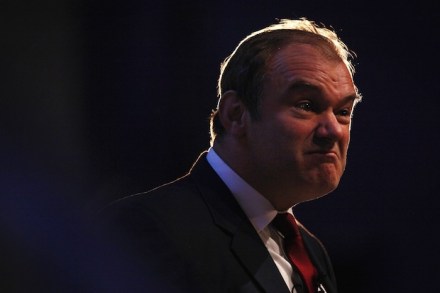What British start-ups are still missing
This issue includes the new Spectator Money supplement, in which I hope you’ll find a bouquet of stimulating ideas. The cover piece by the enterprise campaigner Michael Hayman waxes lyrical on the important theme of investing in high-tech start-ups: important because it’s an exciting thing to do with the slice of savings on which you’re happy to take higher risks, but also because bold new businesses hold the key to future growth. At a dinner hosted by Hayman last week, I met a selection of business founders and early-stage investors. The mood was one of optimism in what’s seen as an increasingly benign UK arena for start-ups, buzzing with world-class



